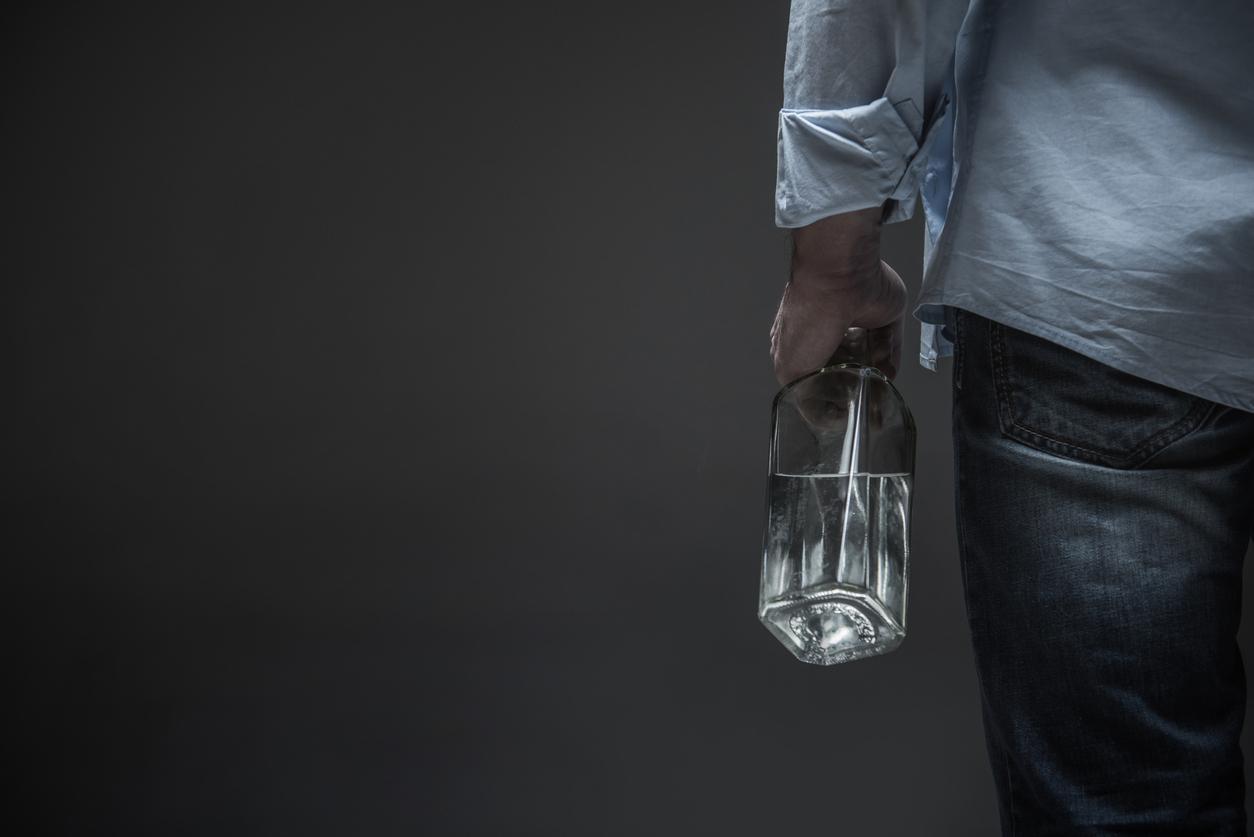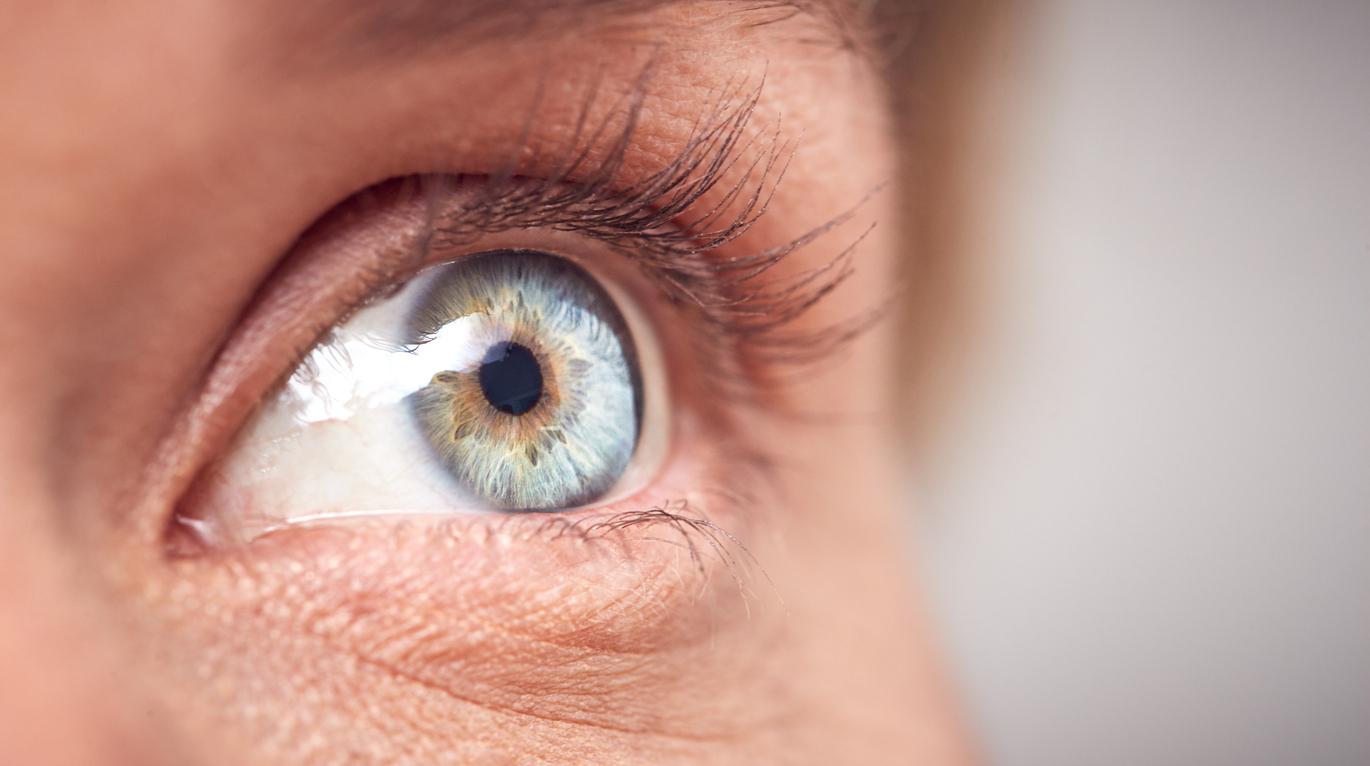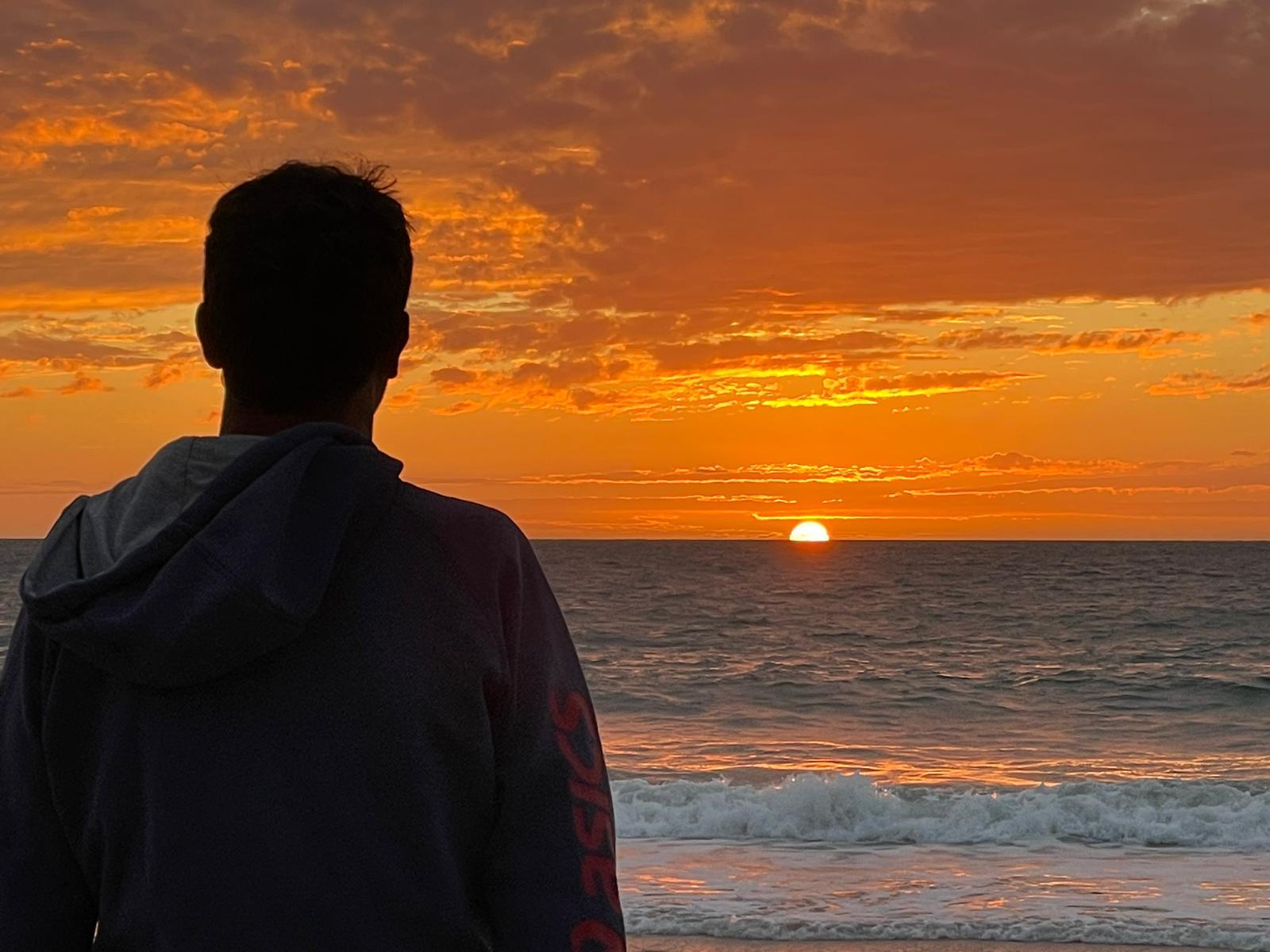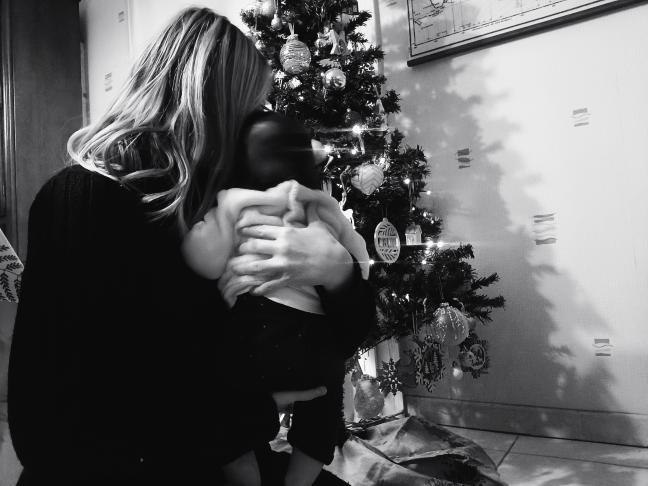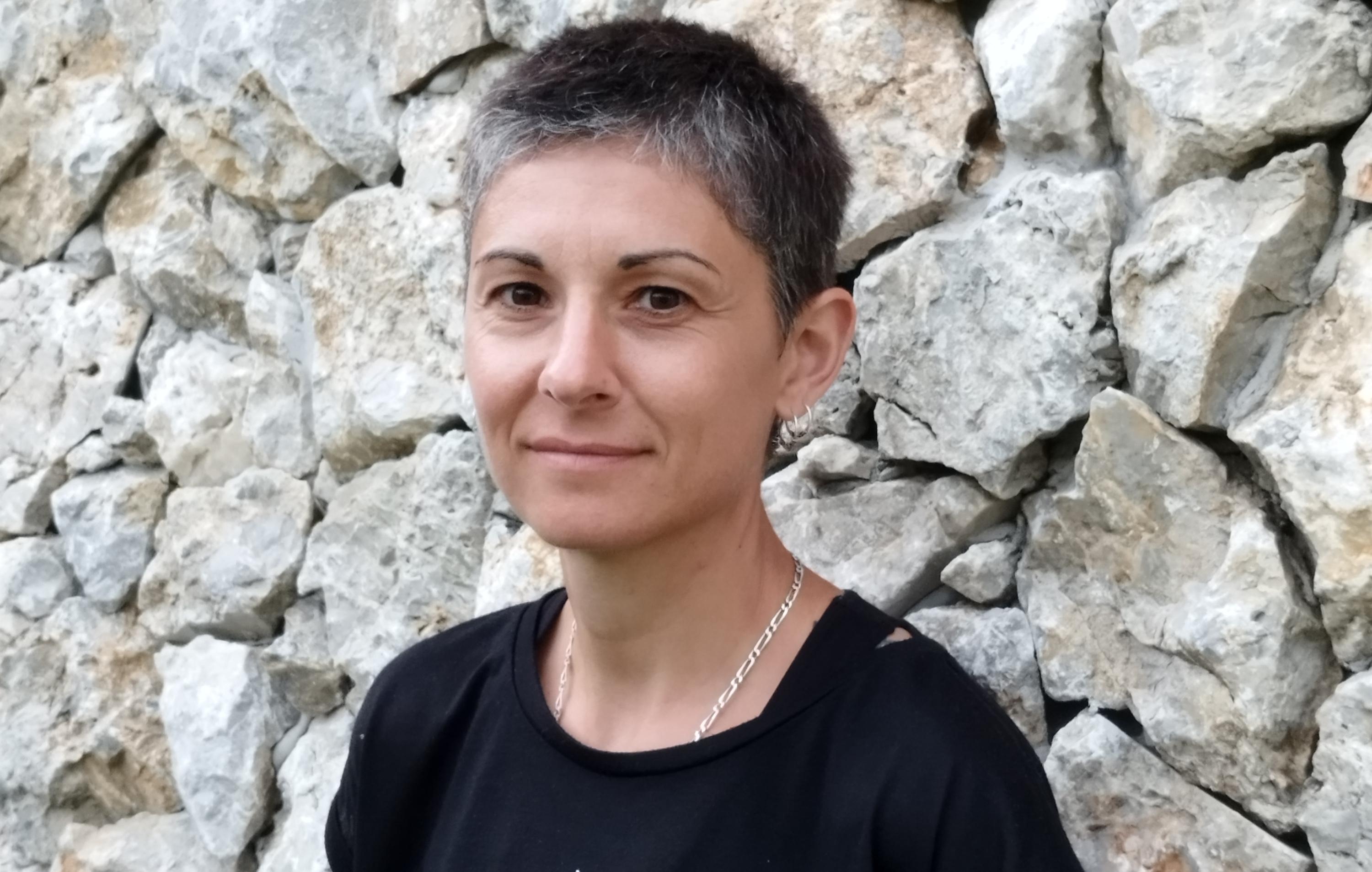At only 35 years old, Juliette has been fighting triple negative breast cancer for years. As Operation Pink October draws to a close, she tells us about her grueling and courageous journey.
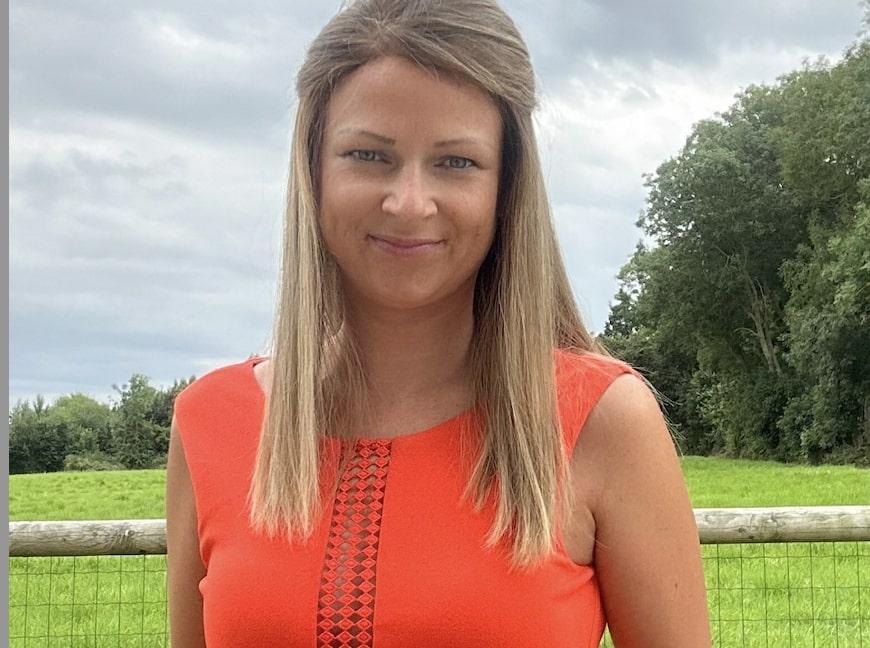
- Juliette recounts her fight against triple negative breast cancer.
- Due in approximately 30% of cases to a genetic mutation, this fairly rare pathology is particularly invasive and difficult to treat, with a 5-year survival of less than 20% at the metastatic stage.
- In France, triple negative breast cancer affects 9,000 women each year, often very young: 40% of patients diagnosed are under 40 years old.
It’s a difficult journey that begins with a medical error. At 30, Juliette suffered from chest pain and felt a lump on the top of her left breast. Worried, she requests a first appointment with her gynecologist, who rejects her request. “She told me that at 30 years old, I was not affected by breast cancer and that she could not take emergency care of all women who have chest pain,” she recalls .
A month later, Juliette meets the healthcare professional for her annual smear, which has been scheduled for a long time. “I tell him again that I still feel this lump and this pain. She feels me deeply, doesn’t feel anything and tells me that it’s probably inflammatory. I then returned home without any prescription, reassured but still troubled by my problems which did not go away,” remembers the young woman.
Triple negative breast cancer: a complicated diagnosis to obtain
Her colleagues then advised her to return to see her GP, with whom she had a very good relationship. She hesitates, reluctant to talk to a man about her concerns. “I then learned that he was on vacation and that his replacement was a woman. So I make an appointment, telling myself that it will be easier. During auscultation, I change method, showing him more precisely where I feel the lump. This time, the intern present and the doctor identify that there is something wrong. So I was prescribed a mammogram and an ultrasound,” she says.
The mammogram gives nothing, but the ultrasound is more worrying. A breast MRI and a biopsy will follow, carried out in the torpor of August. “I learned that the results will come out at the end of the month, while I am on vacation with my whole family. I therefore ask my GP to postpone the consultation, because I have a feeling that the results will not be terrible. On Monday at 8 p.m., he told me that it was aggressive breast cancer that needed to be treated urgently,” says Juliette.
Our Caennaise decides to send her results to the gynecologist, who calls her back. “I ask her how she could have missed two centimeters of tumor, she tells me she doesn’t know what to tell me. I then blame him for not having prescribed an exam for me, because yes, it is expensive for Social Security, but it saves lives! She will tell me that this is not her way of doing things,” she laments.
Juliette will take time to realize this, but she suffers from triple negative breast cancer. Due in approximately 30% of cases to a genetic mutation, this fairly rare pathology is particularly invasive and difficult to treat, with a 5-year survival of less than 20% at the metastatic stage.
Triple negative breast cancer: what treatments?
The thirty-year-old thus begins a whole series of treatments. After taking sick leave, she first had the diseased breast removed, then followed two egg preservation protocols in order to maintain her chances of having a child with her partner. She then began chemotherapy then radiotherapy, and, given the success of the treatments, returned to work.
7 months later, the cancer returned, with pulmonary nodules and bone lesions on the scapula. Juliette then resumes immunotherapy coupled with chemotherapy. “The results of this new treatment are good. After 9 months, the disease regressed, which allowed me to stop the immunotherapy. But a few weeks later, I started feeling dizzy. So I have an MRI, which shows that I have nodules in my brain. I then become aware of the triple negative and the metastatic state. I also realize that I will never recover. I’m taking all this in the face, three days before Christmas. As we are in the middle of covid, I learn all this bad news alone, in front of my oncologist. My mother is waiting for me in the car, and I have to tell her that I have brain damage. It’s the most difficult moment of my career,” recalls this assistant operations manager (transport and logistics) with emotion.
Despite the multiple side effects of the treatments tested (chronic fatigue, daily nausea, very severe burns, drops in hemoglobin, etc.), Juliette does not give up. Carrier of the BRCA1 mutation, she begins sessions radiotherapy at the level of the brain and treatment by inhibitors of PARP, which will once again allow him to fend off the illness, return to a normal life and even return to work.
“It lasts more than a year, then the PET scan shows brain, lung and liver lesions. I am then forced to stop my treatment and start the one for which we fought so hard with the collective of triplets : the Trodelvy. I then immediately lost my hair for the third time,” recalls our patient. “I have been taking this treatment for 17 months, and thanks to it I am now in complete metabolic remission, although doctors currently suspect a lesion on a rib. I have to do it every week, after which I’m in bed for two days, so I’ve been off work for a year and a half,” she explains.
Triple negative breast cancer: “The disease has united our couple”
Despite all the trials and death that lurks, love is there. From those close to him, of course, but also from his partner, who has provided him with unfailing support since the start of the illness. “He is incredibly helpful. He comes to pick me up from every chemo, he organizes his work to be there and hold my hand at every appointment, he never misses one,” Juliette marvels. “I think that somewhere, the illness united us, the trials strengthened us. And that doesn’t stop us from moving forward: we got married last year and we even had it built despite the fact that I couldn’t get insurance,” she rejoices. “We also have a particular relationship to life, which we project on a three-month scale, to the rhythm of PET scans: we enjoy more intensely each day, each trip, each moment spent with our loved ones” , she continues.
Given Juliette’s state of health, the couple has given up on becoming parents for the moment. Too much fatigue and not enough certainty regarding his life expectancy. “I am of course clinging to a miracle, but we do not want to take the risk of depriving a child of his mother. This loss of maternity is the most complicated for me to live with, even if psychological follow-up allowed me to accept it better,” she confides with regret.
Today, Juliette hopes for the arrival of new treatments that are less difficult to tolerate so she can resume her professional activity. She would also like French women suffering from triple negative breast cancer to have the same chances of recovering from it. “Currently, women who are not treated in large oncology centers have access to fewer innovative treatments and fewer clinical trials,” underlines the activist. “Health professionals should also be better informed about the risks of triple negative breast cancer. Within the collective, we have all already been confronted with a midwife, a gynecologist or a radiologist who explained to us that breast cancer does not affect young women, which is false, delays diagnoses and reduces the chances healing. If my cancer had been caught earlier, perhaps I would not have metastasized,” she insists. “French women should also be trained to self-palpate their breasts every month in order to encourage screening,” she concludes.
In France, triple negative breast cancer affects 9,000 women each year, often very young: 40% of diagnosed patients are under 40 years old.









